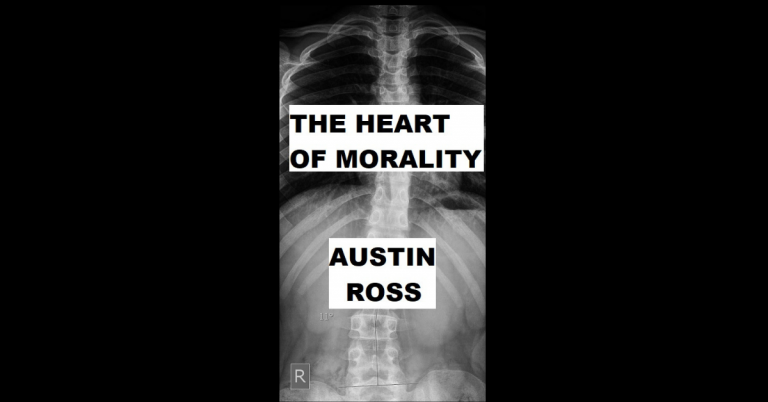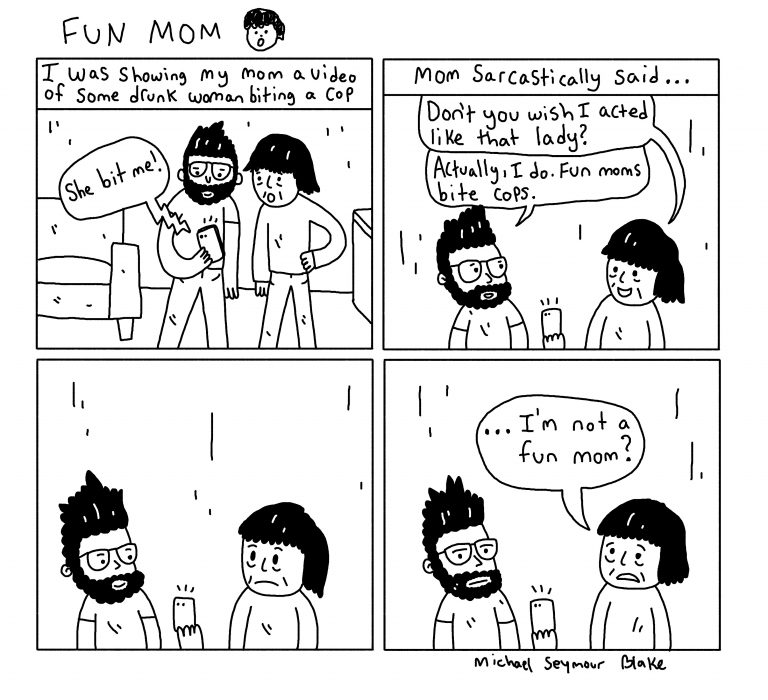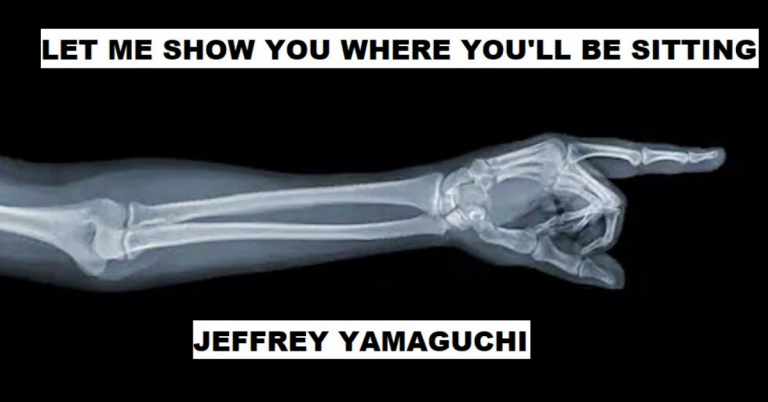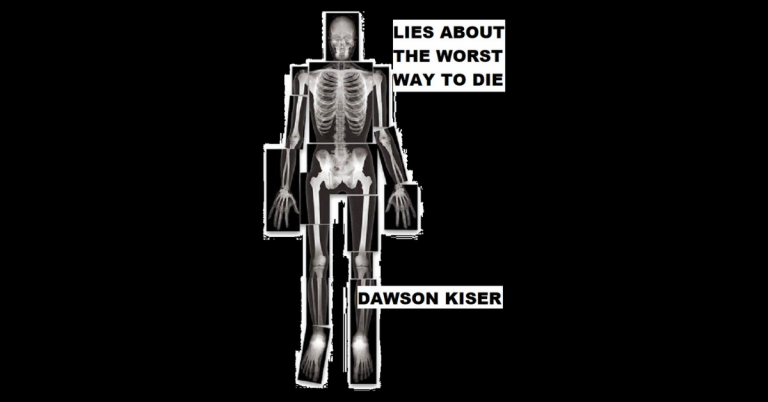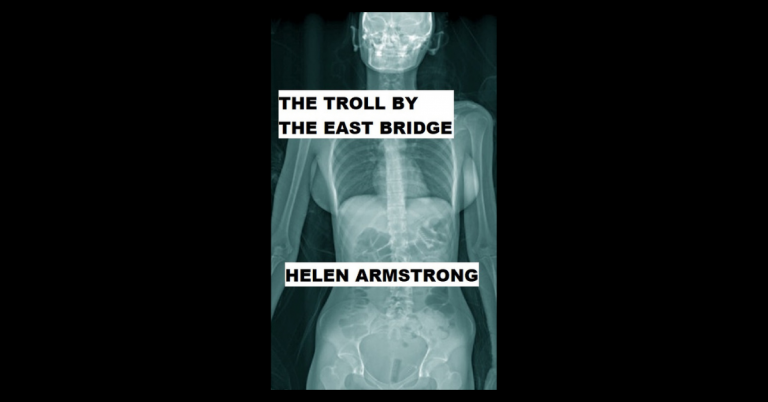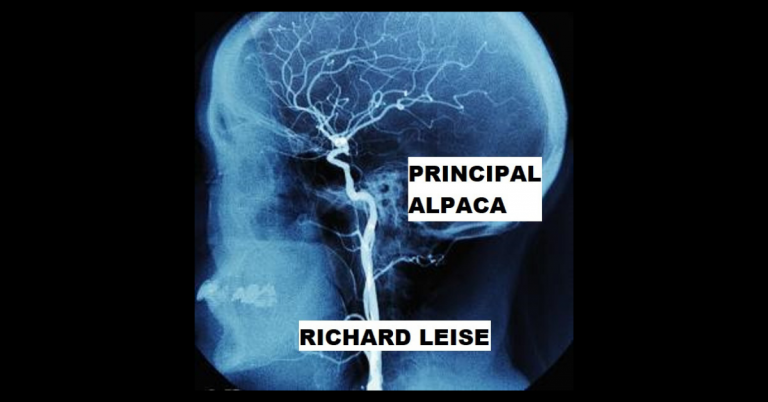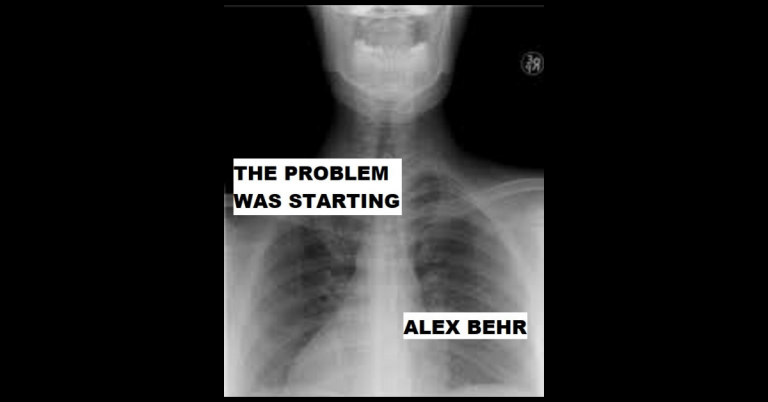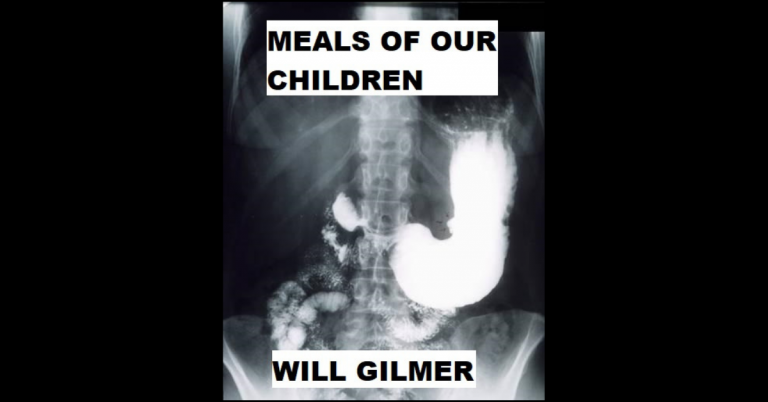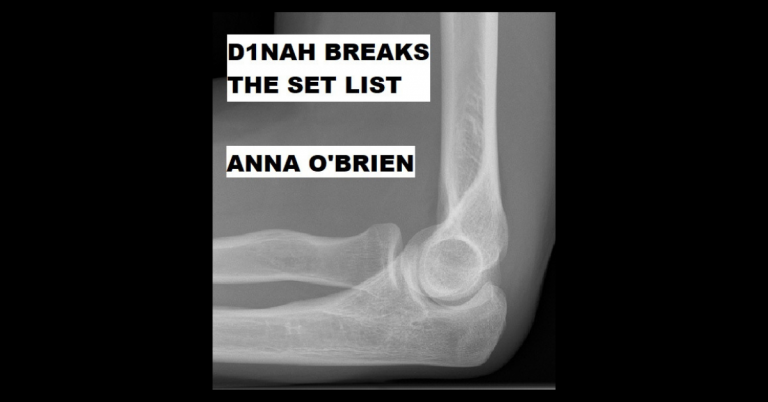G1rl on the Road
If, and this is an astronomically huge if, D1nah makes it through this song without her throaty howl cracking during the third refrain, Fage the drummer owes her $27.39. This is the cost of a soy caramel latte plus interest compounded weekly, the frequency of every gig the band now plays. So far, the wager has been compounded eight times. Fage is confidant that she'll never have to pay up even if, on their five-hundredth gig twenty years from now, cynical, saggy, broken, and bionic, D1nah holds that "Ohhhhhhhhhhhhhh" in "G1rl on the Road" for its full ten bars because who says lattes will even exist then? Plus, D1nah's a push over.
The audience watches D1nah's lipstick #10 ruby red mouth open like a cave with ancestral winds gushing out, the power of all of the folk singers before and after squeezing her lungs like you would hold a dying child because there's nothing left to lose, and shit, she's done it, just now.
She actually held it.
Fage huffs.
The small crowd in this stuffy, dark, mildewed venue is going insane, arms up, their own mouths open in response, pulsing collectively like one giant vital organ, the band's own heart and soul supplying the nourishment needed to keep coming back. D1nah looks behind her shoulder, a joker's grin stretched beyond her cheeks – Christ, how does one smile encompass an entire room, she'll eat everyone alive – and her iron gaze spears Fage.
The drummer smirks back. D1nah's missed her lead into that extra bit they added to the end, the best part really, because it ties it all together. D1nah's fucked it up again. She's reliable in that way. It's sort of comforting.
Blue Jays and Biscuits
An artist who proclaims she'll never be a sell-out has never had the privilege of having the option. This is what D1nah has always said but this time, looking back at the band bathed in blue light, during an intimate interlude where Carla the guitarist has a solo and D1nah sort of stands there and moves her hips, she thinks they've already sold out on each other.
Fage the drummer is now gone, her replacement one of those sentient boxes, an amalgam of circuits and software that produces the perfect beat. It's – she's – not even a person much less a gender but the band covers the matte silver edges with femininity for comfort. It's fine – she's fine – but D1nah still isn't used to the visual amputation of the absent ten-set drum piece behind her, no chrome glare off the cymbals. There's more room to move around on the stage now even in the smallest of venues but D1nah's here to sing, not gyrate. Still, the crowd screams loudest when she swings that curved cradle that sits on top of her femurs and yes, she's sold out, she decides. Once and for all.
Throwing the mic down, she stalks off the stage. Of course she'll be back – she's gotta eat – but for this set, she's toast.
Rotten Egg
D1nah's performing tonight with something stuffed in the back pocket of her green jeans which is odd because she loathes being tied down on stage with objects. She's said before (to journalists, sure, so it's bound to be hyperbole) that really if it were a different time, a different place, she'd be on stage naked. What's double odd is it's an envelope containing a letter. D1nah, like the rest of the band, has no permanent residence and it's hard to believe she'd keep a post office box.
From this, it's clear someone wanted to find her.
It's exhausting being the front woman in a band. D1nah stares tonight at the audience and accidentally smudges her mascara. A local reporter will write as witness that she was crying on stage which is simply not true. Later, D1nah will smile and thank her many gods with their individual shrines that burn in the band's van and have scorched the shag carpet that these local journalists and rabid groupies from nowheresville are too focused on the stage and not on what's behind the curtain to dig and find out she was hatched from an egg, her real mother one of those giant birds from one of those labs and the back pocket letter tells D1nah her adoptive parents have died.
D1nah will burn the letter immediately after the set. The letter is dated eight months ago. All ties lost, she's been free floating and not even aware of it.
This is her biggest secret, bigger than the drugs and flare ups and occasional self-harm but it's all there for everyone to see if they paid enough attention to her art.
Ironic, then, that she's singing this song, "Rotten Egg." She gnaws a cold sore on the inside of her cheek and tastes her body's brine. She forgets the second verse and the band just has to continue on.
Fight the Homefront
On stage D1nah thinks: I am not your tree. She moves her feet so as not to root. A sidebar feature in a national magazine described the band as "willowy" and in an extended arboreal metaphor, referred to D1nah as "barking."
In a moment of vocal silence as the drumming box does the same solo at the same point in this song without the feeling of angst or breathlessness that Fage used to give it, D1nah realizes maybe "barking" was intended as more canine. As in bitch. As in –
There's a boo from the crowd.
Shit.
D1nah's missed her cue.
She flicks the audience off and sneers, tossing back heavy hair that makes her neck sweat, a quid pro quo. You want makeup? You get zits. You want hair? You get a greasy curtain.
You want it all?
You get nothing.
A train wreck due to a thousand tiny causes is still a train wreck.
Move Those Sticks (Legs)
D1nah's really hungry, famished she might say, depending on the audience. The whole band is gaunt, depleted. No one has a day job anymore. They play five nights, five towns a week.
They like to clink glasses "to art" in the dark when someone else is buying rounds. But eyes shift, grow wide, then narrow. Soon – how soon is anyone's guess – it will be every man, woman, xi, android, egg hatcher, diploid, and hyperbiome for themselves.
But until then, there are still the fans. And some have money and pay for tickets and merch. Yes, they want (demand) more: backstage passes turn into all night babysitting, exclusive interviews turn intrusive, social media expects (Jokingly? Hard to tell.) your relic social security number, your replacement barcode, your medical history, tattoo cover-ups, and rehab. You're just like us, they coo, but they want to peel you apart just to make sure.
But the band can't stop now. How could they? The band (the music) is everything. OK, the guitarist has been replaced three times and the drummer and now keyboardist are boxes but D1nah, the front woman, the headliner, the one they come to see, is rock solid (when medicated), a creative genius (when drunk and not depressed), is drop dead gorgeous (with shellacked makeup and two surgeries), kind (no, not anymore), a push-over (now she pushes back).
D1nah stands in front of the crowd, houselights low the way she told them. She can't recall her last full meal.
She almost wrote a song called "Beef Jerky" but the title would only get lost to vulgarities. The band is old, for an inclusive bunch. D1nah is proud of that, mostly. Somewhat. A bit.
There isn't even any satisfaction in the fact she lands her ten bar "Ohhhhhhhhhhhhhh" in that deep cut "G1rl on the Road." Hell, she gives twelve bars, then sixteen. Her lungs are massive, her diaphragm strong, her larynx unstoppable. She gives and gives and gives until her band mates look at each other behind her back, roll their eyes, shrug.
"Diva" is a word tossed around occasionally in the press like a rubber ball; it's fun to play with but you get bored quickly. The "Ohhhhhhhhhhhhhh" goes on so long the drumming box gets confused (a first in a line of malfunctions that tellingly doesn't end up in replacement) and begins the track for the next song. The keyboard box picks up the signal and off they go, leaving D1nah to howl alone.
Into the last song of the set list, a list so incredibly short these days because no one has an attention span longer than fifteen minutes, ten minutes for art, five minutes for art without sex hidden or promised somewhere in the folds, D1nah finishes her twenty bar hold on a singular note from a song she wrote ten years ago, her longest hold ever. She stands literally breathless and stares out at the crowd as her lungs grab air. Everyone is looking at her, really looking for once. She has their raw attention in the palm of her shaky hand. Her fingers curl over an invisible egg in a delicate clutch then she squeezes her fist closed. She picks up where she left off, jumping headfirst into the very last song like she always does. Like she always will.
